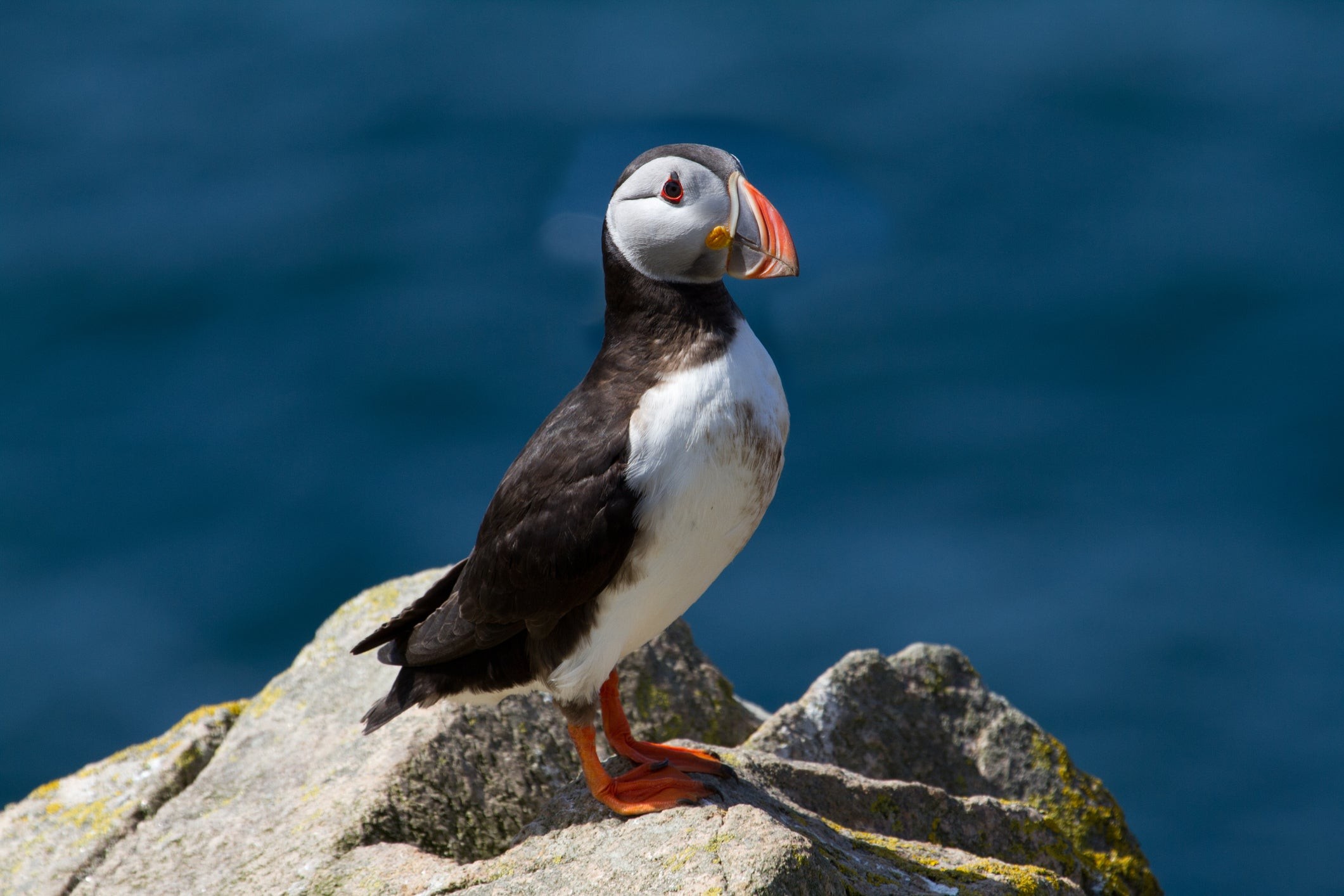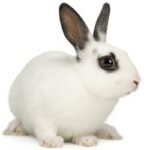The question of keeping puffins as pets often arises, fueled by their charming appearance and penguin-like waddle. However, before you imagine a puffin joining your household, it’s crucial to understand the realities of puffin ownership. The short answer is generally no, puffins are not suitable pets.
 Atlantic Puffin in flight carrying fish. Puffins are wild seabirds that require specialized care and are illegal to keep as pets in many regions.
Atlantic Puffin in flight carrying fish. Puffins are wild seabirds that require specialized care and are illegal to keep as pets in many regions.
Legally speaking, in many parts of the world, including the United States and Canada, keeping puffins as pets is illegal. These birds are protected under specific wildlife legislation due to their vulnerable status in the wild. Owning a puffin would mean navigating complex legal hurdles and facing potential penalties. Therefore, the legality of having a puffin pet is a significant barrier right from the start.
Beyond legal restrictions, the practicalities of caring for a puffin present considerable challenges. Puffins are seabirds with very specific needs that are difficult to replicate in a domestic setting. One major issue is their diet. Puffins primarily eat fish, and consequently, their droppings consist of concentrated, rotting fish waste. As anyone who has experience with fish-eating birds can attest, this results in a potent and unpleasant odor that is far from ideal for a home environment. Imagine your house constantly smelling like a fish market gone bad – this is a reality of puffin ownership.
Furthermore, puffins require specialized living conditions to thrive. They need access to a pool of water large enough for bathing and swimming, which, unfortunately, they will also use as a toilet. This necessitates either a complex water filtration system or multiple water changes daily to maintain hygiene. Puffins are also strong fliers and need ample space to exercise. Keeping them confined indoors is not an option, and allowing them to roam freely outside is dangerous due to their ability to fly away and the risks they would face from predators or traffic. A large, roofed outdoor enclosure would be necessary to keep a pet puffin safely contained while providing sufficient space for movement.
In terms of behavior, while puffins might possess a certain charm, they are not akin to domesticated animals like cats or dogs. Their behavior is often compared to ducks, but with added complications due to their specific dietary and habitat needs. They are wild animals adapted to a marine environment, and their natural instincts and behaviors are not easily compatible with domestic life.
In conclusion, while the idea of a pet puffin might seem intriguing, the reality is far from practical or ethical. The legal restrictions, the demanding care requirements, the unpleasant odors, and the specialized habitat needs all contribute to making puffins unsuitable as pets. It is best to admire these fascinating birds in their natural habitat and appreciate them as wild creatures, rather than attempting to bring them into our homes.
